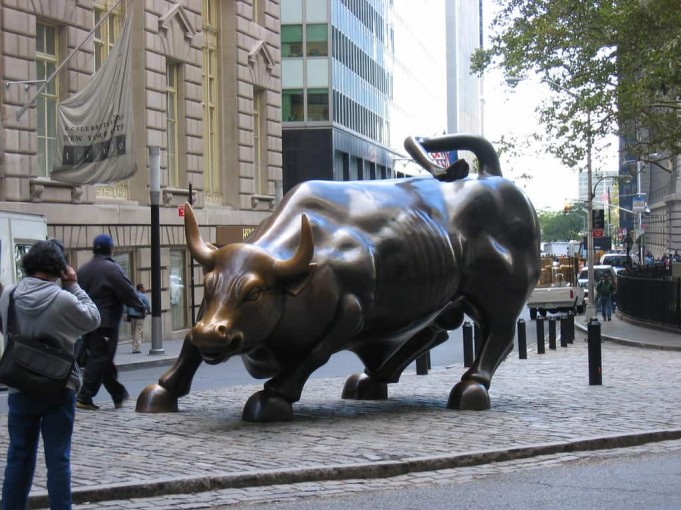What was Black Monday?
Thirty-three years ago, global stock markets collapsed. The collapse was so huge that all the stocks fell off like they were a chain of dominos. From investors to marketers, everyone was stunned due to the fall off. Many businesses and companies were collapsed during this period. Months and years of high share prices were turned back to the ground in a single day of trading. Everyone started calling that day as Black Monday in 1987. So what exactly was Black Monday 1987?
October 19, 1987, was the day when black Monday stuck the market. This day occurred when Dow Jones Industrial Average or DJIA almost lost 23% in a single day. Black Monday started the global stock market decline. It also became the worst reputed day of history. With DJIA, most of the significant stock exchanges dropped more than 20% in price. Some economists also add that the crash attributed to several geopolitical events and the rise of computerized program trading.
What Caused the Black Monday Crash?
1. A bull market due for a correction
Several market analysts say that the Black Monday crash of 1987 steered due to a strong bull market that was over delayed for significant concern. From 1982, the year 1987 marked the fifth year when the bull market didn’t experience any major corrective retracement of prices.
2. Computerized or “program” trading
Computerized trading was another culprit for the occurrence of Black Monday 1987. At that time, program trading was relatively new in the stock markets. The addition of computers helped the traders and brokers to place large orders and make trades more quickly. The software programs were designed specifically to execute stop-loss orders and sell out positions if stock prices dropped by some specific percentage.
3. Portfolio insurance
Portfolio Insurance was another factor that helped coin Black Monday. It was also a new phenomenon at that time just like computerized trading. Portfolio insurance made large institutional investors protect their stock positions by acquiring minimal positions in S&P 500 futures. The strategies of portfolio insurance were designed to increase short future positions if there was any percent of the decline in the stock.
Lessons From Black Monday and Other Market Crashes:
Stick With Your Strategy
A well made and long term investment should provide investors a better way to think about their stocks. A good strategy should always focus on how the investor can stay tension free while others are panicking. Do not let your emotions guide your way to the next investment.
Buying Opportunities
Always remember that market crashes are temporary. Never let these crashes to take over your mind. You need to look for other opportunities that you may miss due to tension and pressure. You should never miss an opportunity to buy stocks or funds. Recession and market crashes have always emerged as a golden chance to bring more returns to your pocket. Good-minded investors always have a shopping list ready for buying stocks or funds.









